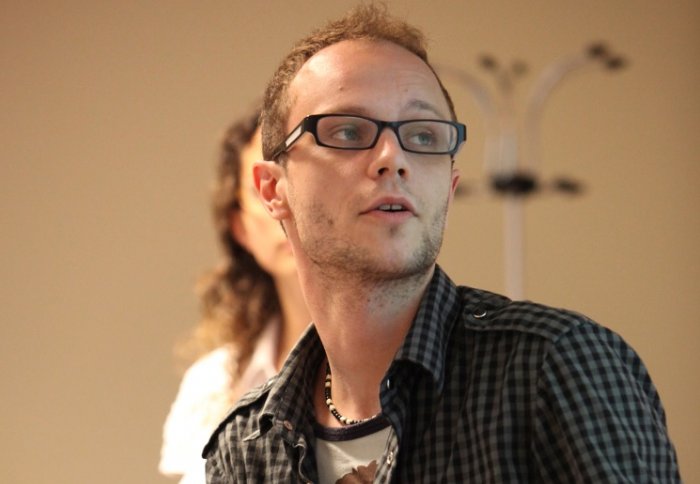FALLING WALLS FOUNDATION: Falling Walls Lab

Which are the next walls to fall?
Falling Walls Lab offers the opportunity for young academics/professionals to present their outstanding ideas, research projects and initiatives.
Bright minds, 3 minutes, 1 day...
What is the Lab?
- The Falling Walls Lab is a new challenging, inspiring and interdisciplinary format for young bright minds. It offers the opportunity to excellent young academics and professionals to present their outstanding ideas, research projects and initiatives.
- Each participant is asked to present his/her work in 3 minutes.
- All disciplines are welcome: from agriculture, medicine, economics, engineering to the humanities.
- A prestigious jury from science and business awards the best participants.
International Qualifying Labs and Finale in Berlin
The first Falling Walls Lab took place in 2011 in Berlin one day prior to the Falling Walls Conference. Thanks to the huge success of the Falling Walls Lab 2011, the Falling Walls Foundation and A.T. Kearney extended the format to a global scale in 2012. Since then, Qualifying Labs take place in different vibrant cities around the world throughout the year. The final Falling Walls Lab is held each year in Berlin on 8 November. The Finale gathers 100 participants, among them all winners of the Qualifying Labs.
Why you should be part of it
Being part of the Falling Walls Lab will inspire you and provide you with insights by other participants, decision makers of enterprises leading in innovation and distinguished representatives of scientific institutions.
The Falling Walls Lab
- supports interdisciplinary dialogue and international cooperation
- connects young and senior innovators
- develops new ways of scientific communication
Organisation
The Falling Walls Lab is organised by the Falling Walls Foundation in cooperation with A.T. Kearney, the global management consulting firm.
Deadline: 21 August 2013
Article text (excluding photos or graphics) © Imperial College London.
Photos and graphics subject to third party copyright used with permission or © Imperial College London.
Reporter
Miss Michelle Swallow
Careers Service